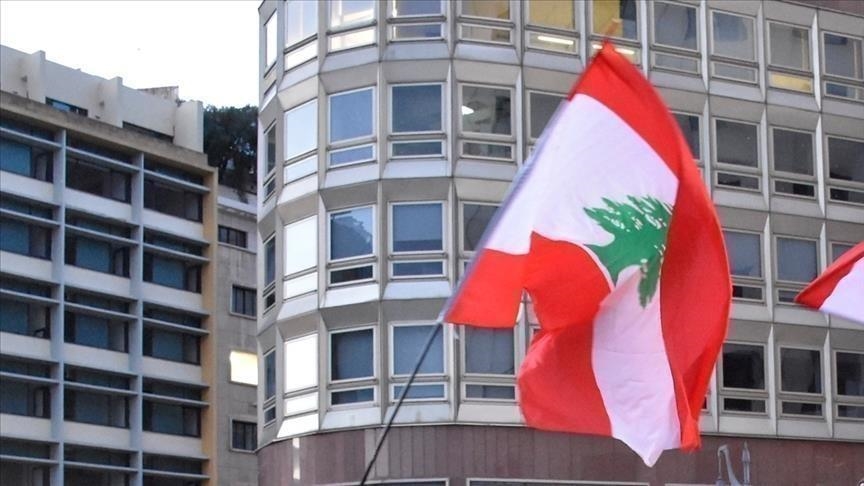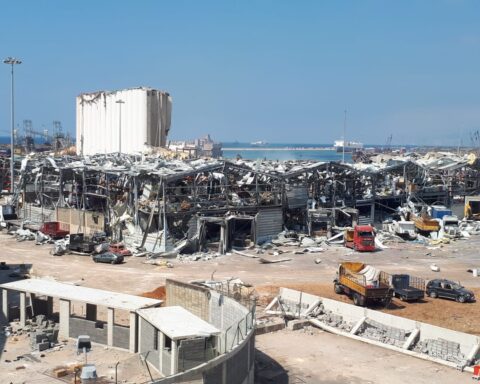A Lebanese minister’s inflammatory comments toward Saudi Arabia and his resulting resignation have been the latest chapter of a diplomatic crisis between the two nations. This crisis is linked to the civil war in Yemen — Saudi Arabia is propping up the coalition, while Lebanon has expressed support for the rebels.
However, Lebanon’s sectarianism also may have an important role in the tensions.
Confessionalism in Lebanon
When the term is used in relation to the Middle East, sectarianism is a type of conflict caused by groups with differing religious beliefs and turning against each other. Lebanon is unique because it has a political system known as confessionalism, which involves a power distribution between different religious communities.
Although this system can work well in periods of stability, in a turbulent country like Lebanon it can lead to tension and result in minimal national identity. This fragmentation can contribute to the crisis with Saudi Arabia and beyond.
In fact, Lebanon’s segmentation goes beyond its political structures and infiltrates aspects of everyday life. Most people in the country define themselves primarily by their religions or ethnicity, and this identity even determines how they find jobs in the public sector, leading to nepotism.
Sectarianism and foreign policy
Many other countries have links with specific sects in Lebanon, and they attempt to use these ties to have greater power in the nation. This takes the effects of sectarianism to a global level and impacts Lebanon’s foreign policy.
We can observe this in the recent conflict between Saudi Arabia and Lebanon. The Lebanese Minister’s comments were in defense of Iranian rebels (the Houthis), and Saudi Arabia’s strong reaction was primarily out of concern that Iran had gained too much power in Lebanon.
This tense situation quickly led to conflict between Lebanon’s different communities, which was made worse by the country’s economic problems. The nation is currently struggling with unemployment, poverty, high inflation, and various social issues.
Tension diffused to now
Fortunately, in this case, the Minister in question resigned, which went a long way toward reducing tensions both abroad and within the nation. However, the situation serves as a reminder of just how fragile the political situation in Lebanon is and how its system of sectarianism can make tensions even worse.






